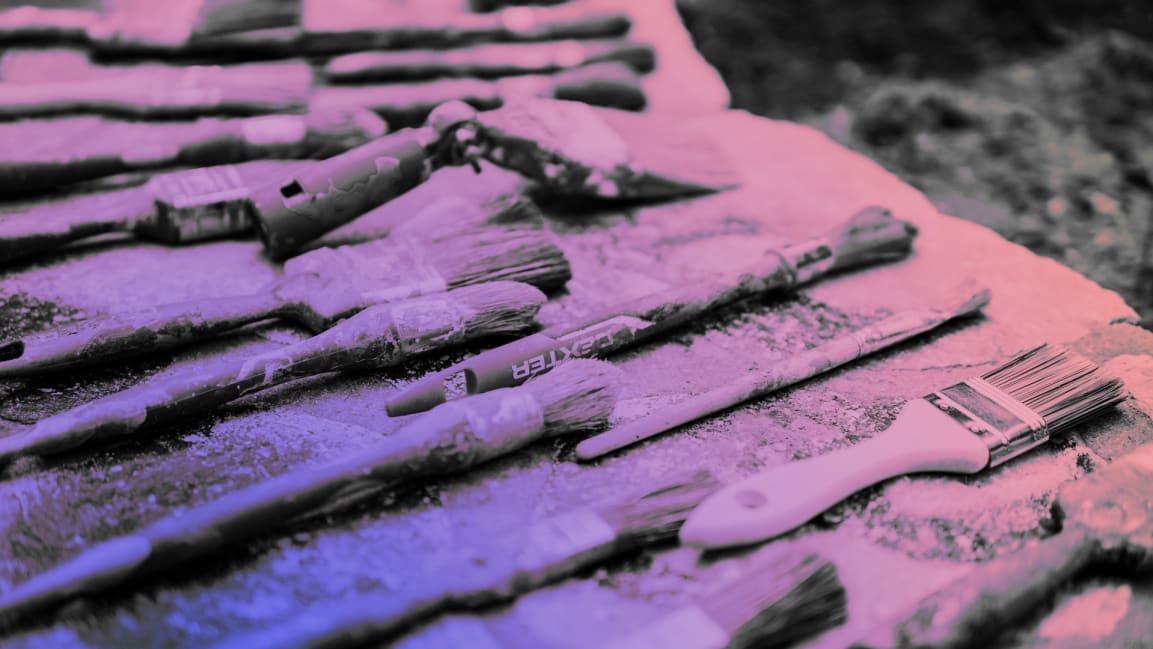Think you’re creative? No, those are mental errors
You thought you were so creative! Turns out that your penchant for variability, such as when you toss a new ingredient into a recipe or follow a creative hunch into the unknown, is often driven by brain errors that are imperceptible to you. Your curiosity is a mistake.
A study published in Nature Neuroscience this month found that our brains are not so savvy at evaluating our options—if they were, our minds would stick to the well-known, safe options. Researchers took brain MRIs of a hundred people playing a slot-machine game that presented two options, one of which had won them money in previous tests. They found that the anterior cingulate cortex, a brain region that regulates decision-making, lit up when participants made errors in reasoning and that many of the subjects’ “curious” choices were a result of the brain’s failure to reason.
This is kind of a big deal. Curiosity has been long hypothesized by psychologists to be an exploration of choices with uncertain outcomes, a sort of rational process of weighing out the options. Lead researcher Valentin Wyart, from the École Normale Supérieure’s Laboratory for Cognitive and Computational Neuroscience, says uh-uh.
“This finding is important, because it implies that many choices in favor of the unknown are made unbeknownst to us, without our being aware of it—our participants have the impression of choosing the best symbol and not the most uncertain, but they do it on the basis of wrong information resulting from errors of reasoning,” Wyart said in a statement.
Wyart points out that errors are not inherently bad: they fuel many of humanity’s great discoveries, such as Christopher Columbus’ accidental navigation to America, and evolution, which often derives from random genetic variation.
(25)



